A Day in the Life of a Prolific Voice Phishing Crew
Krebs on Security
JANUARY 7, 2025
Besieged by scammers seeking to phish user accounts over the telephone, Apple and Google frequently caution that they will never reach out unbidden to users this way. The phishers also abused legitimate Google services to send Tony an email from google.com, and to send a Google account recovery prompt to all of his signed-in devices.




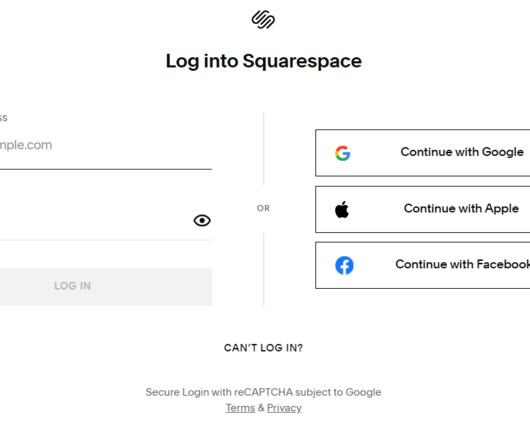






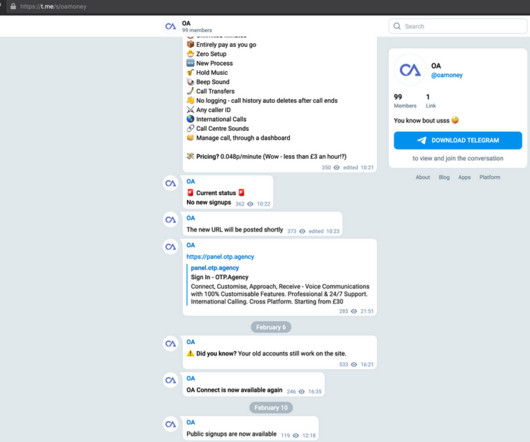
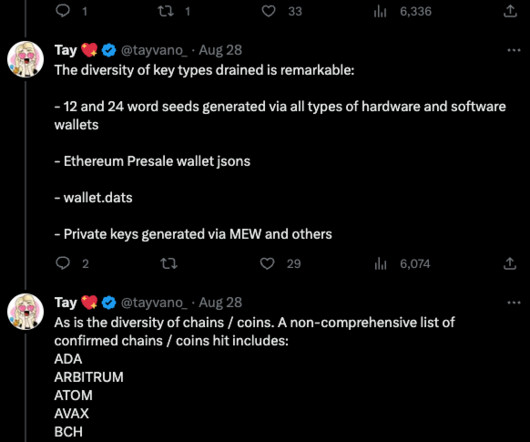
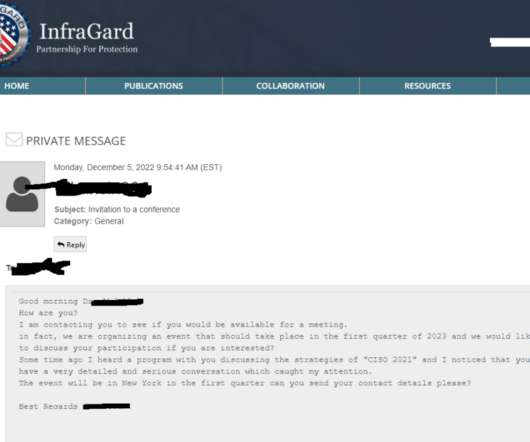
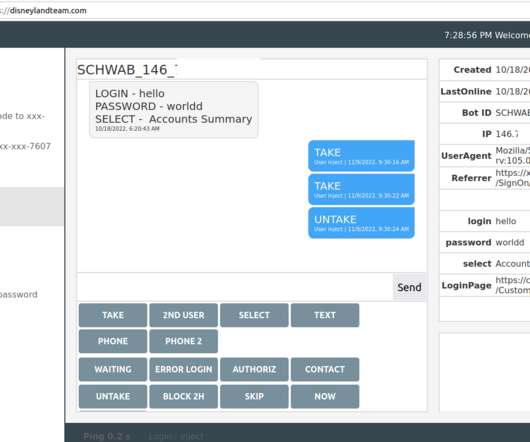


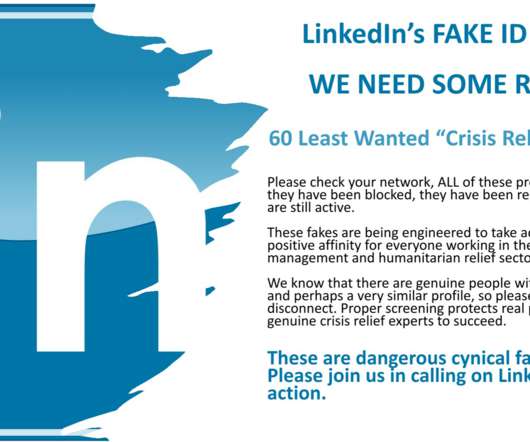



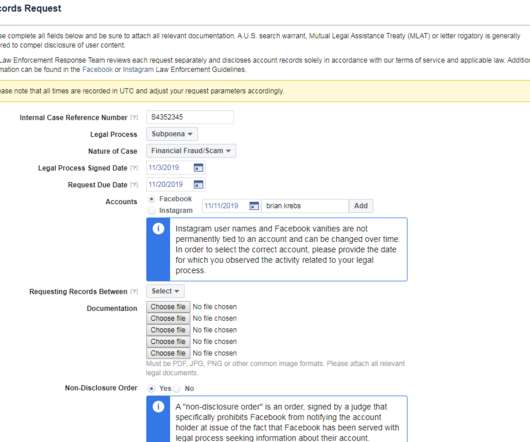





Let's personalize your content